A traveling circus actor who survived the Holocaust and continued to fight
Today, we are going to tell the story of a Romani theatre actor, a clown in a travelling circus, and an activist who saw the horrors of the death camp during Nazi occupation. He managed to save his family and then, during the war, he joined the French Resistance, and never stopped inspiring others with his own story.
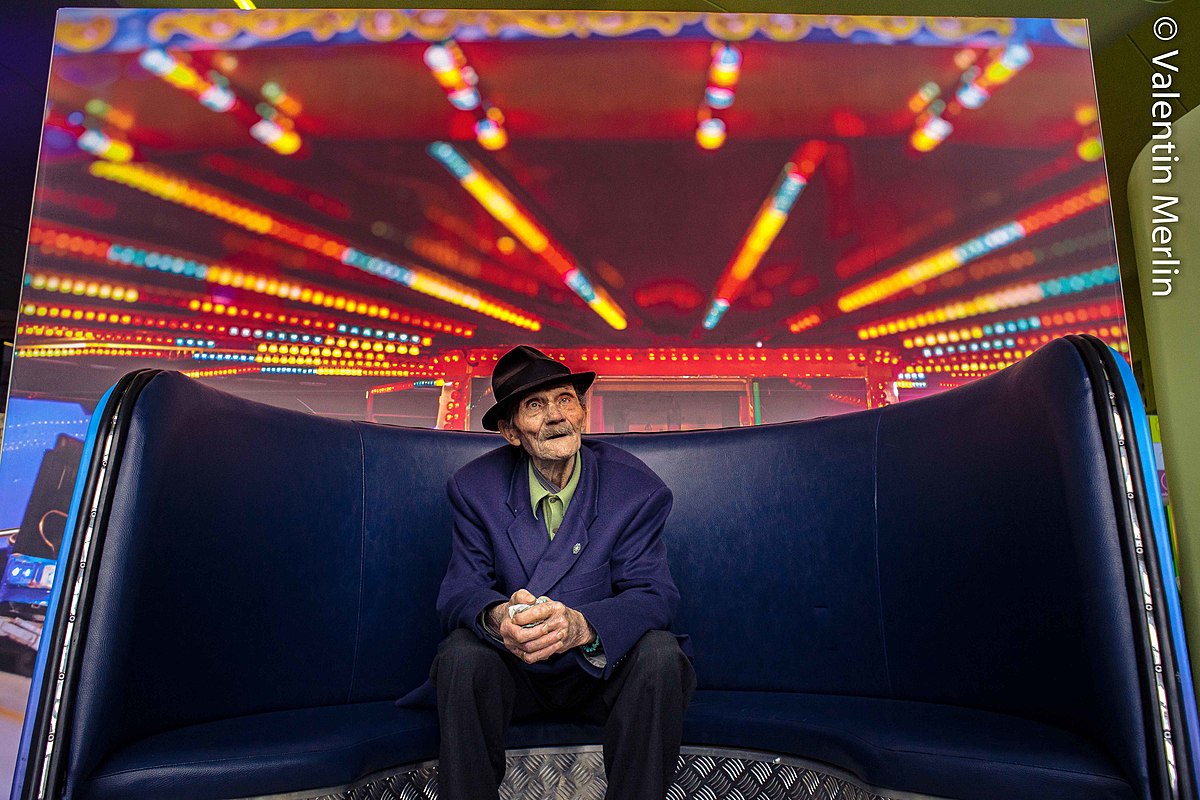
The Magic of Childhood
Raymond Gurême was a traveller who spent his childhood on the road. Just like his ancestors: the French Romanis who had been travelling all around the world for many generations. Raymond is one of those who managed to survive in the death camps during the Second World War. After all the atrocities of the Holocaust, he still encountered discrimination due to his origin, even after the war. Notwithstanding all that, he cherished his humanity, as he knew: it is crucial to be able to carry light during hard times—and to be the light for others.
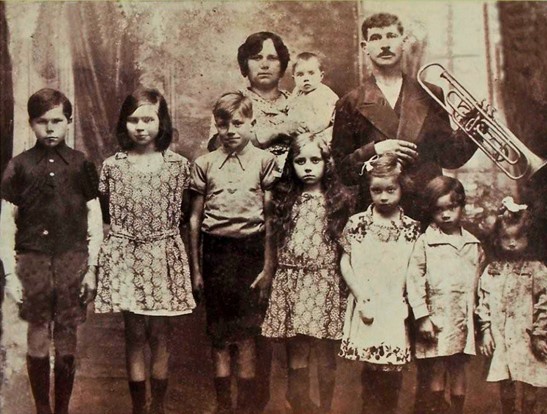
He was born in 1925 in Northern France, a third child in a family of nine. Raymond's mother was into basketry whereas his father managed a circus and a travelling theatre. His temperamental and feisty father was constantly travelling between cities and villages with his little family circus. Back as a child, Raymond was fond of his father's work, referring to it as «magic». Later, he started mastering the skills of a clown and a circus acrobat. Having inherited his father's small height and agility, his humour and his fondness for horses, Raymond was on stage as a clown and an acrobat already at the age of two, clad in his blue silk costume with glitters, ornaments, colour ribbons, as he discovered the world of circus art. Together with his father, he travelled all across France and Europe. The time he spent amid horses, long caravans, fireplaces, banquets, music, fried hedgehogs, in the fields, and on riverbanks.
Ban for Nomads
In July 1912, a law came into force in France «On regulation of travelling professions and mobility of nomads» (Sur l'exercice des professions ambulantes et la circulation des nomades) which became a breaking point in the discriminative policy targeting nomadic Romanis and triggering their banishment and oppressions against them. Raymond's family managed to obtain a status of sedentism—a so-called marketplace where their travelling theatre could continue performing, at least partially. Young Raymond and his father went out into the street to entertain people. Raymond fascinated bypassers with his mastery, acrobatic tricks, and circus acts. But that did not last long. In April 1940, Albert Lebrun, French President of the Third French Republic, issues an ordinance banning free movement of nomads by placing them under house arrest. Later, the German administration issued a Decree on internment of Romanis and moving them from the occupied territory into the camps under control of the French police and gendarmes.
War and Life in Death Camps
The war is in full swing. It is April 1942 outdoors. The French gendarmes send Gurême’s family into Montreuil-Bella, the largest forced labour camp exclusively for the Romanis in the territory of Nazi-controlled France. Here, Raymond lives in squalid conditions but continues taking care of his family as he smuggles food to his brothers and sisters who were assigned to different units all across the camp. Next, Raymond was placed in a corrective facility for minors at one of hospitals in France. There, he hijacks a lorry with munition and takes it to French and Belgian Resistance. As a result of that, Raymond was sent to a forced labour camp in Germany near Frankfurt. After the war ended, Raymond returned to France where he joined the Resistance. His acrobatic skills and his clownish humour kept him afloat and helped him not lose hope—even after the war, when the Romani activist had to face discrimination at multiple occasions and had to struggle for his identity.
The (non) Forgotten Ones
The war has left plenty of wounds behind. Stigmatisation and indifference with regard to Romani families has continued even after the Provisional French Government came to power. Traumas of war, disenfranchisement, poverty, and despair became the new reality for postwar Romani communities. Raymond Gurême was one of those who lost their means of sustenance and lost track of their family. Same as hundreds of others, he did not receive any compensation or recognition. Deep inside himself, he was hiding the suppressed pain of the war and stories which he never dared tell. As he resided in his mother country, France, after the war, he could not get over the fact that former camp guards were still working for the police. He did not trust the French administration as his own family fell victim to it so, at a certain moment, Raymond realised and admitted that «the war has made him angry». Reminiscences about the horrendous events back in the camp pestered him for many years to come. It was then that Gurême's another struggle began—now, in his own country. He was often charged with «contempt and mutinous behaviour» and he had multiple collisions with law. Notwithstanding all that, the man kept fighting for his cause, as he stood for justice and fought for the rights of the Romani communities of his country.
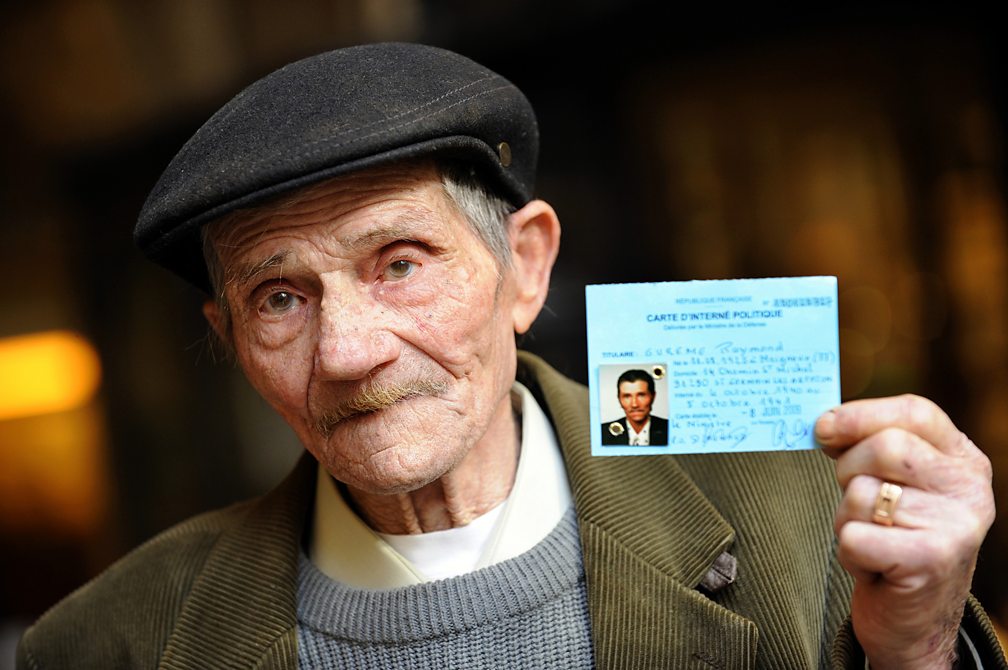
Look and Do Not Forget
Dikh He Na Bister (Romani: Look and Do Not Forget) is an event which, for over twenty years now, is taking place in Kraków, bringing together both Romani and non-Romani young people from all around the world. This event commemorates the date of the 2nd of August, 1944, and takes place simultaneously with the European Roma and Sinti Holocaust Memorial Day. Every year, within the framework of these commemorative events, its participants get to know more about the Holocaust, anti-Gypsyism, and human rights in the modern-day context. Every year, Raymond Gurême was an honourable guest of Dikh He Na Bister where he was a living witness of his experience during the Second World War. Even at his age of 90, Raymond still served as an inspiration for young people who learnt how to fight for himself, for his rights, for his identity. How to remember the story of his ancestors. And how to never forget.
Raymond Gurême, a Romani activist, an artist and an actor, died in May 2020, having left behind a lifelong story which became and still is a guideline landmark for hundreds of others—just like he was.
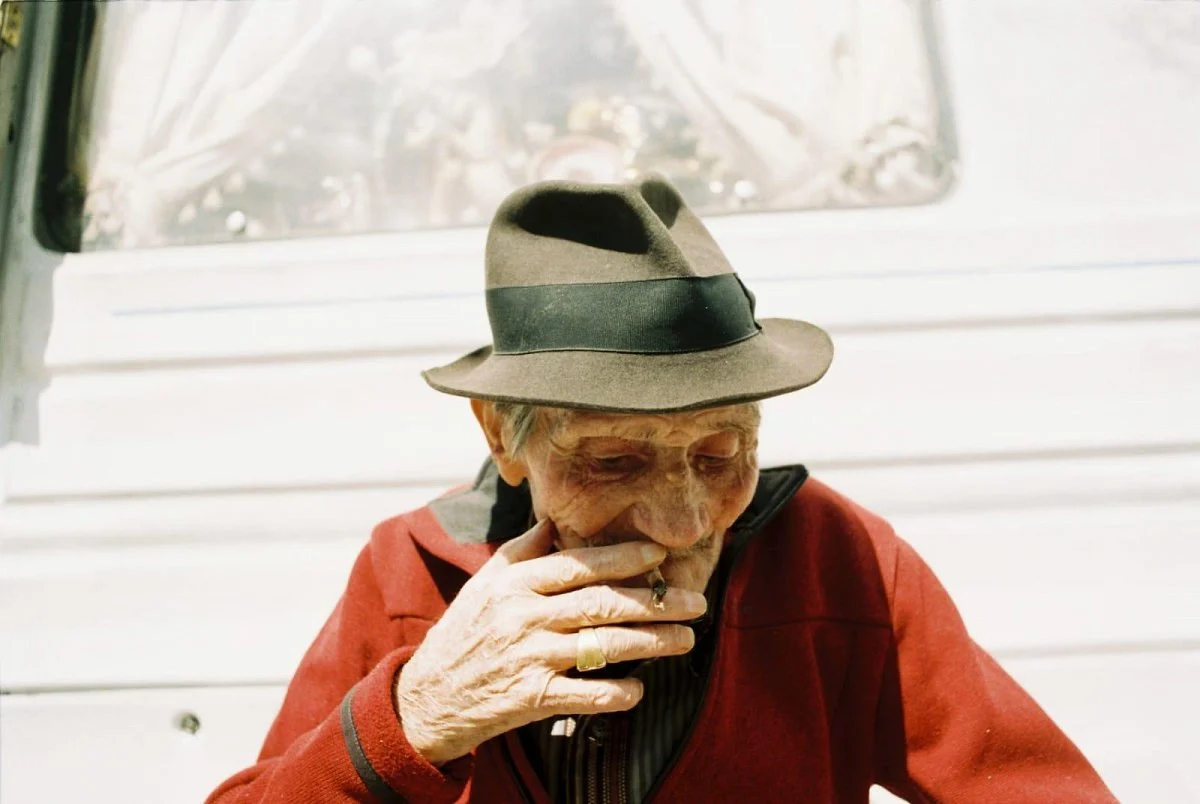
This year’s edition of Dikh He Na Bister featured an exhibition entitled Raymond Gurême: a Path of Memory and Resistance which tells the story of life and activism of this Romani circus artist, actor, and human rights advocate. This exhibition became possible thanks to the collaboration between the following French organisations: Fnasat - Gens du voyages, Mediatique Mateo Maximoff des roms. Approximately ten informative stands (both narrative and visual) tell the story of Raymond’s path, his dreams, his strivings, and his unstoppable wish for justice and his own freedom. At the same time, this exhibition allows the viewer to deeply immerse into the pressing matter of the activism of that time and allows the viewer to see its optics in the context of present-day events and realia, so that the viewer understands why the past is so important today.
Raymond Gurême is the one the memory of whom continues being the principal guiding landmark and the living voice today. Because the history repeats itself. Because the war has long become a part of our reality.
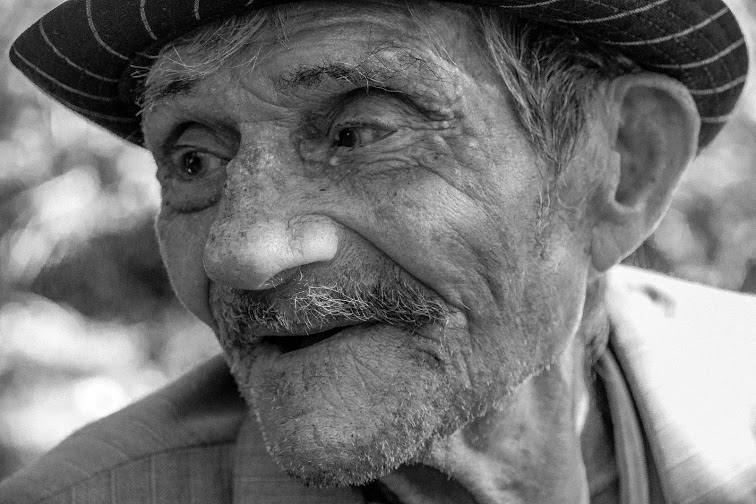
See also
- «Невидимі. Стійкість: минуле і сучасність ромів». Як зрозуміти історію ромів через візуальну культу
- Альфреда Марковська: історія життя і порятунку інших
- «Дивись і не забувай»: 15 років Dikh He Na Bister у Кракові
- ФОТОРЕПОРТАЖ: У Києві відкрили виставку про ромську історію та ідентичність
- «Відновлення пам'яті – роми у Варшавському гетто». Історична екскурсія у Варшаві
- PHOTO REPORT: Events commemorating the victims of the Roma genocide in Babyn Yar
- 2 серпня — Міжнародний день памʼяті жертв геноциду ромів
- Коли допомога — це більше, ніж ваучер
- Антициганізм поруч: як розпізнати упередження у звичних словах і жартах
- Стереотип замість культури: як TikTok спрощує ромську ідентичність